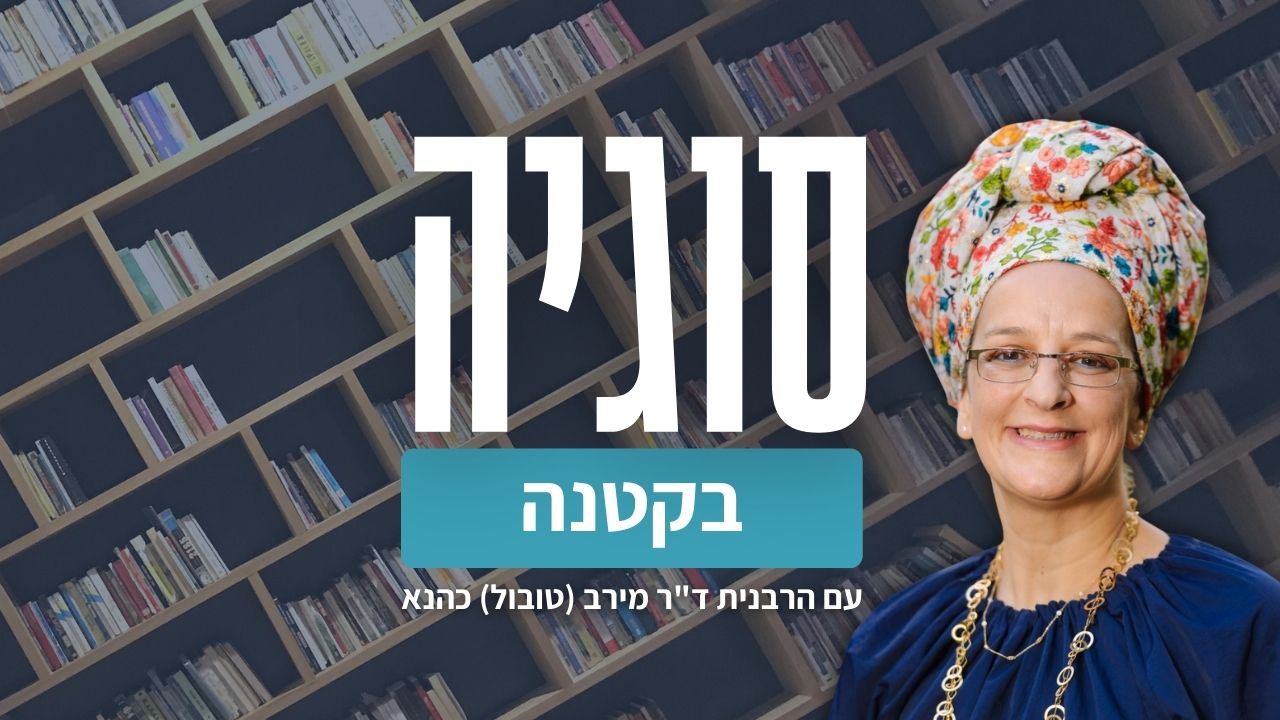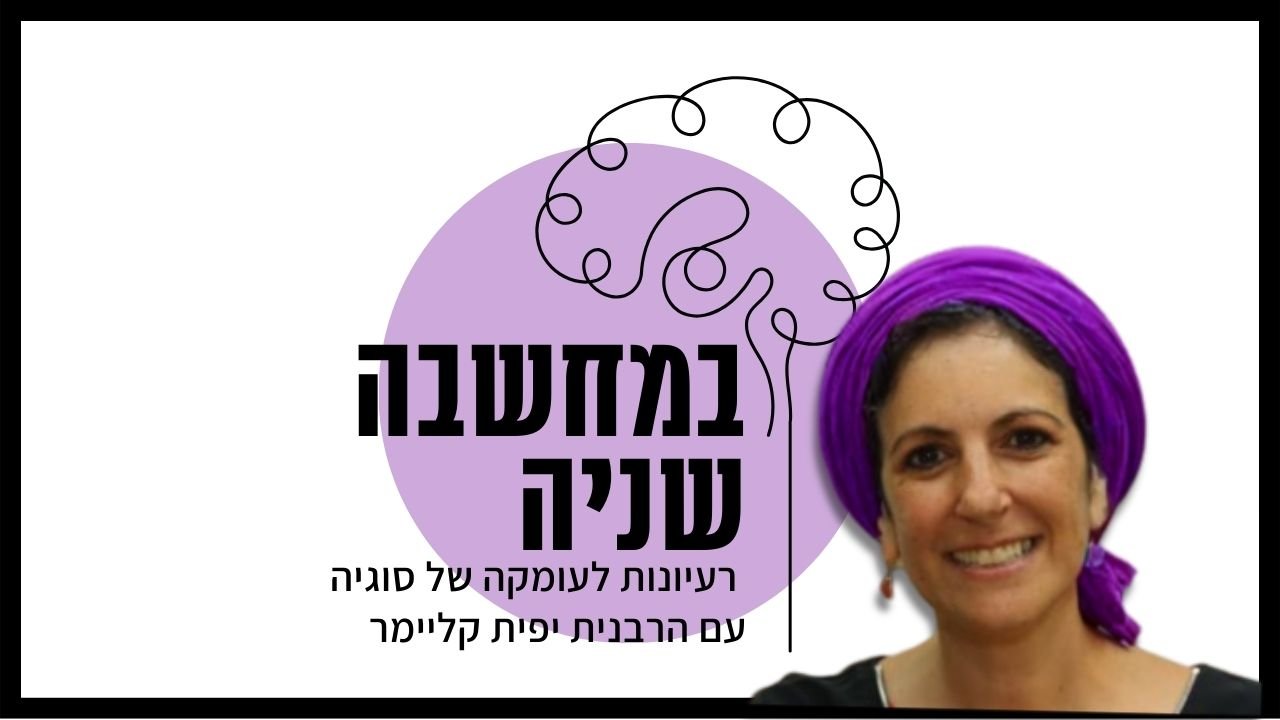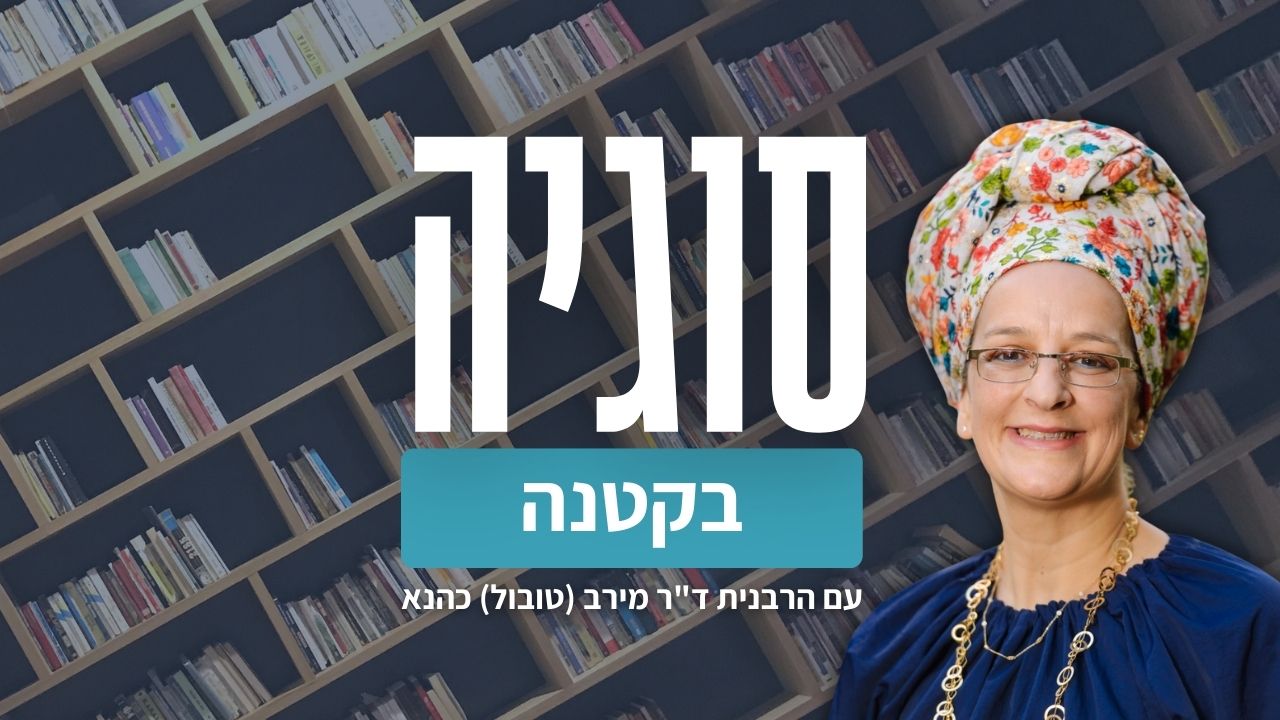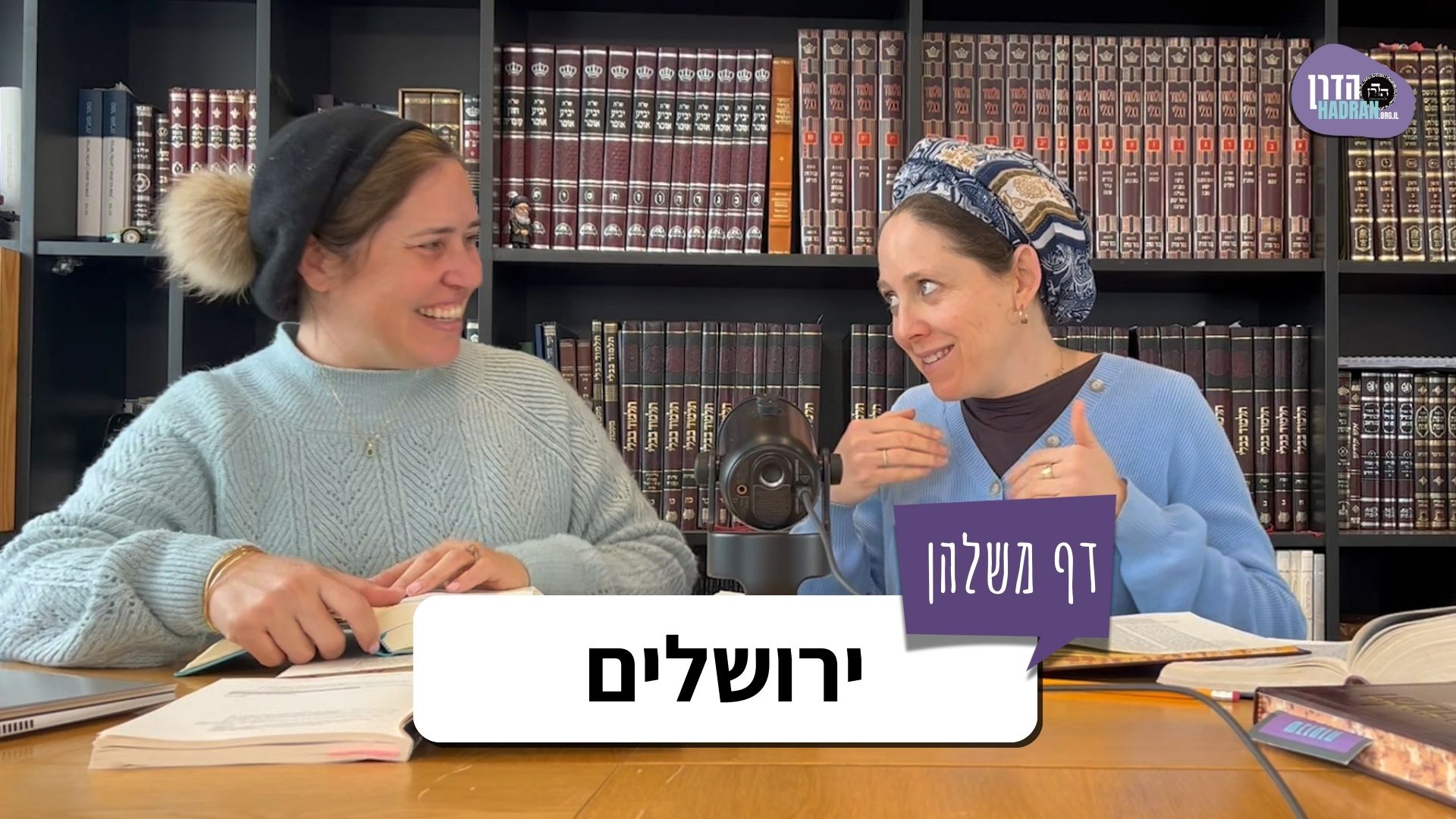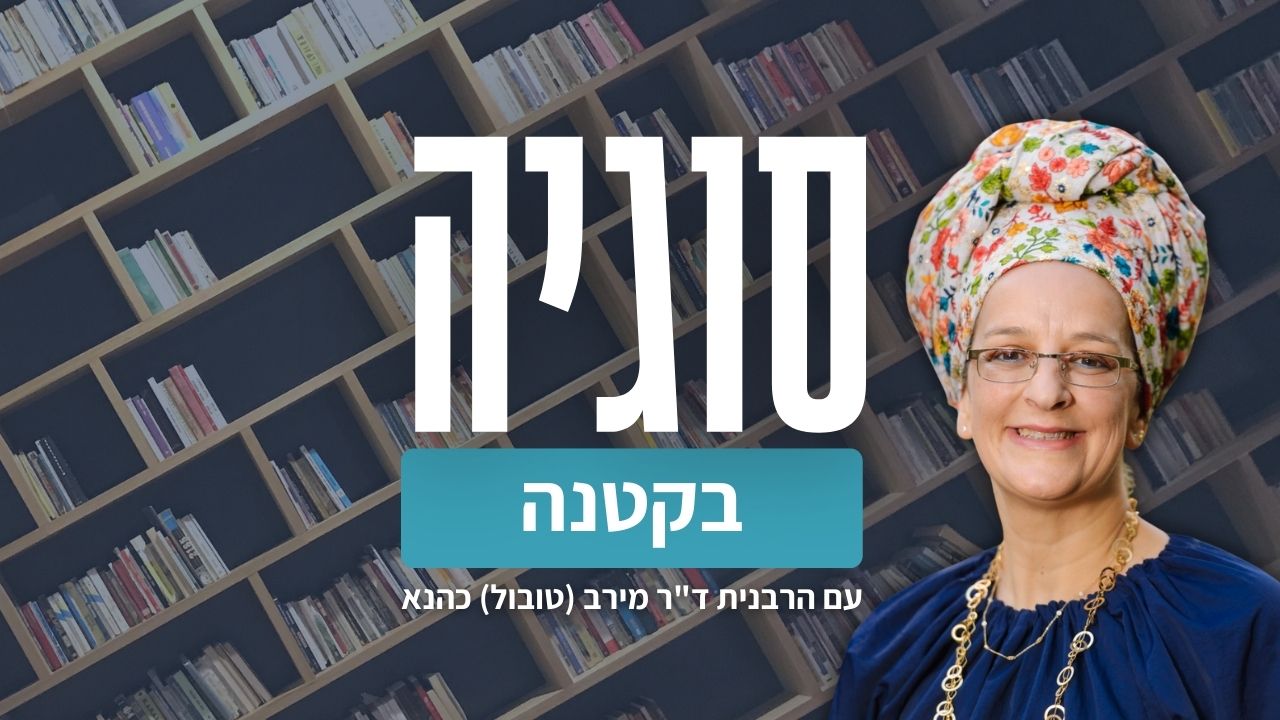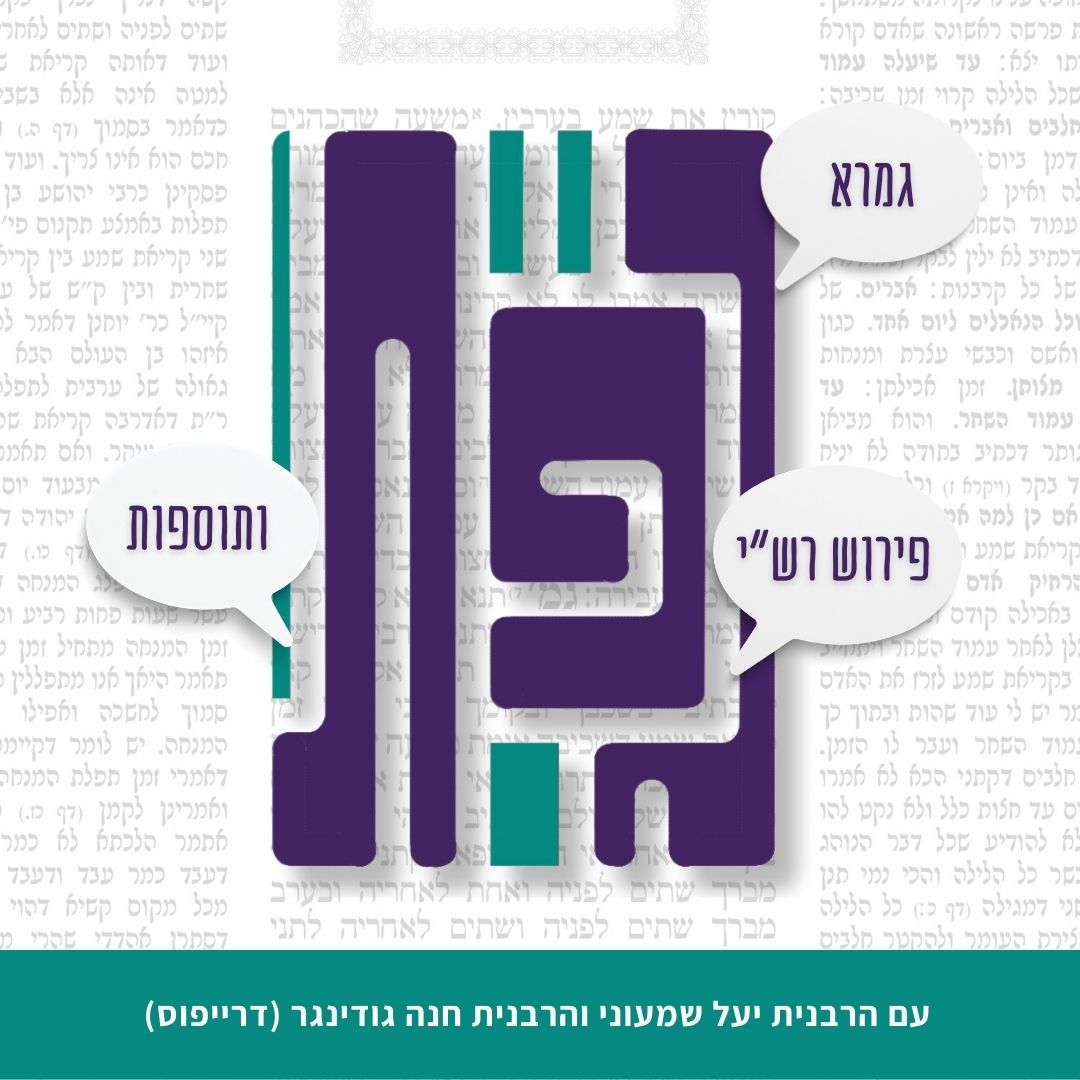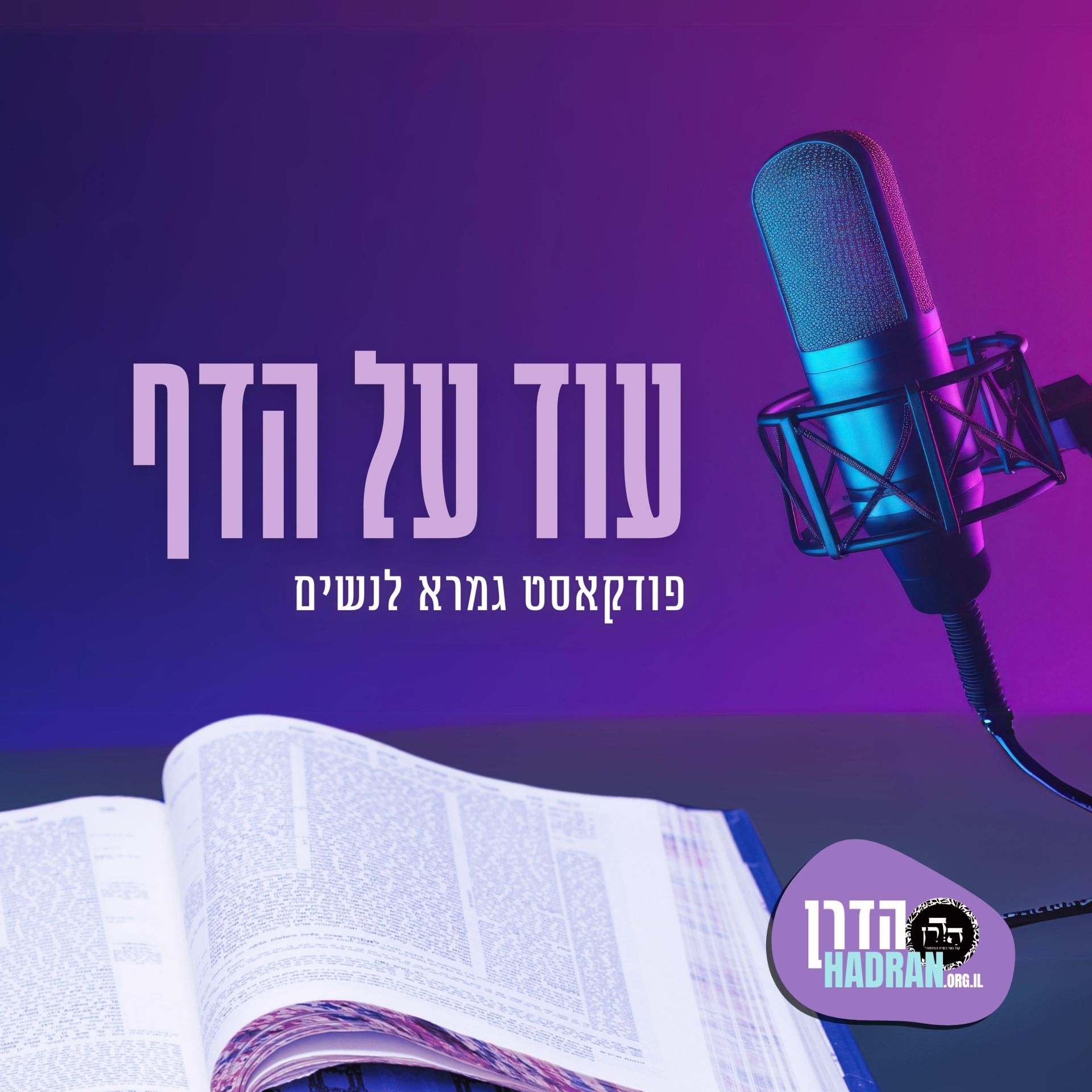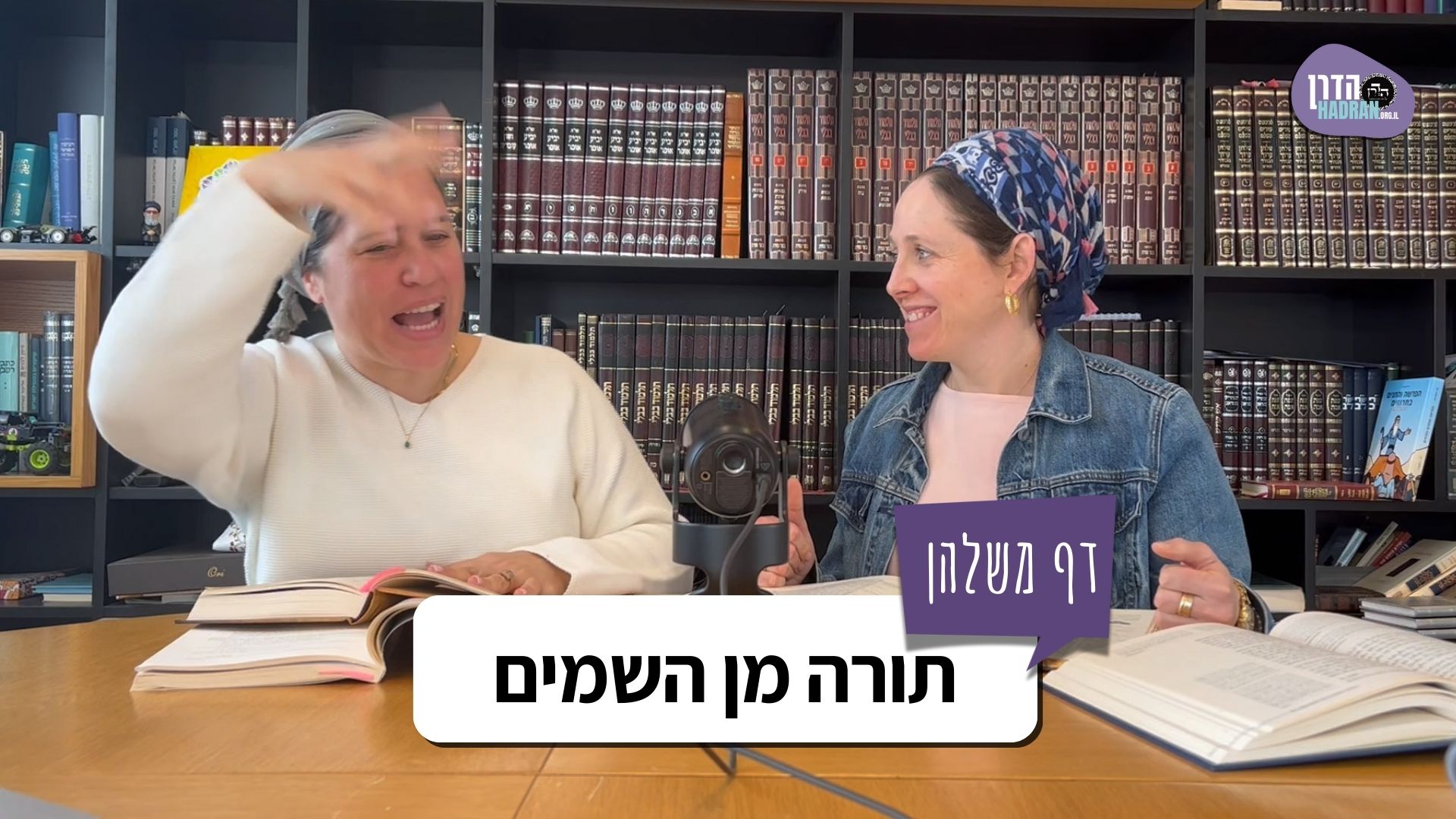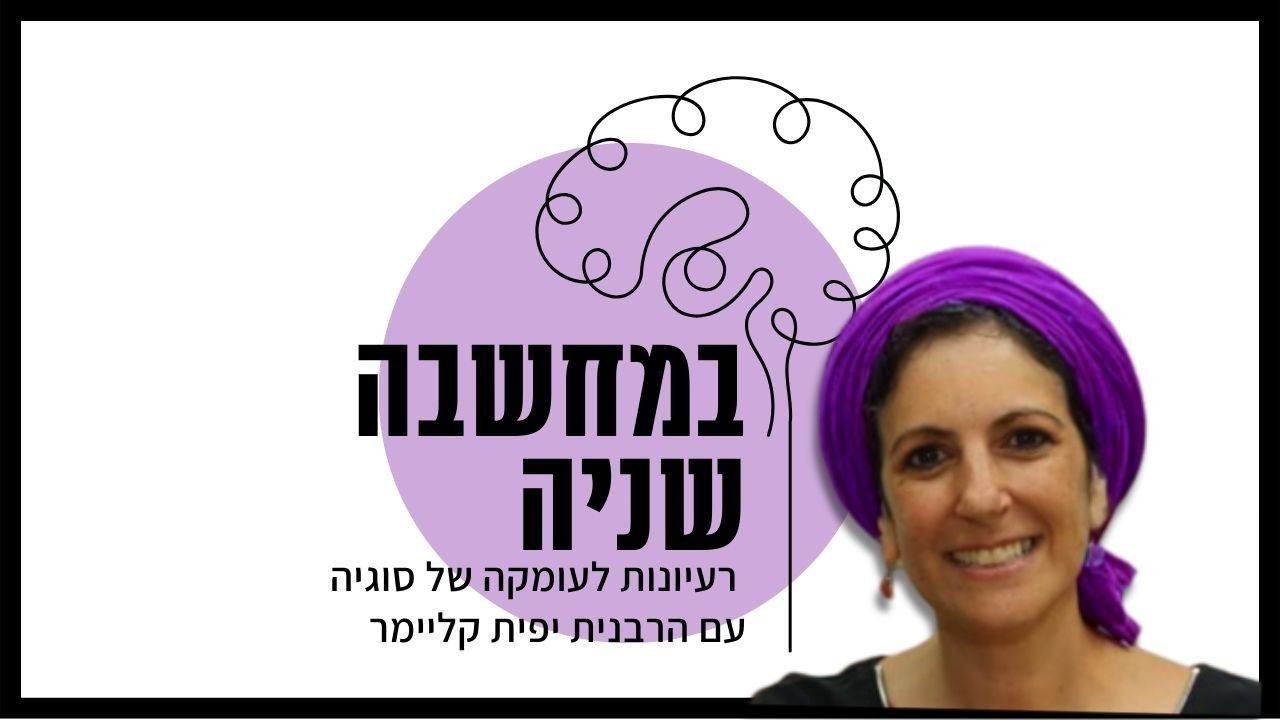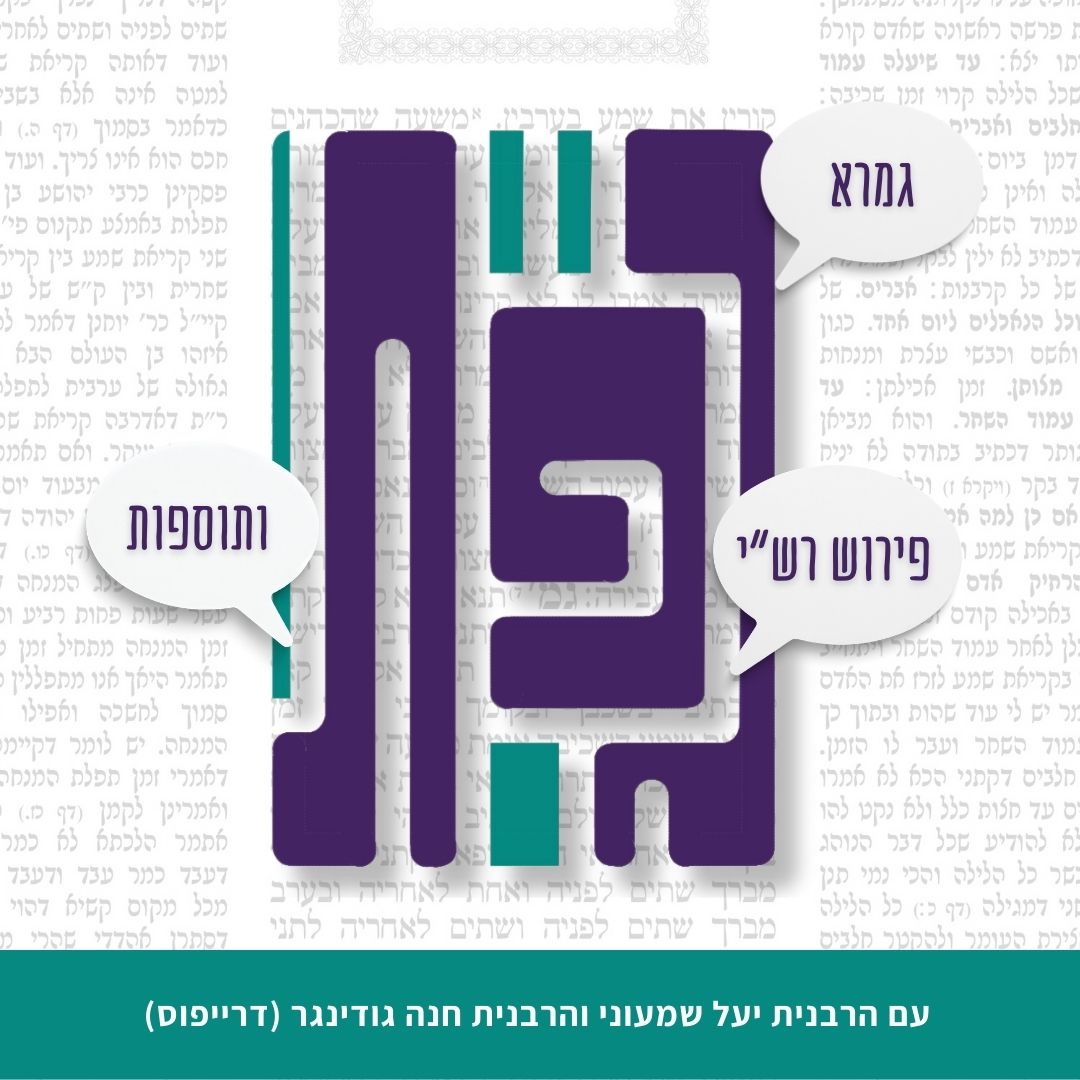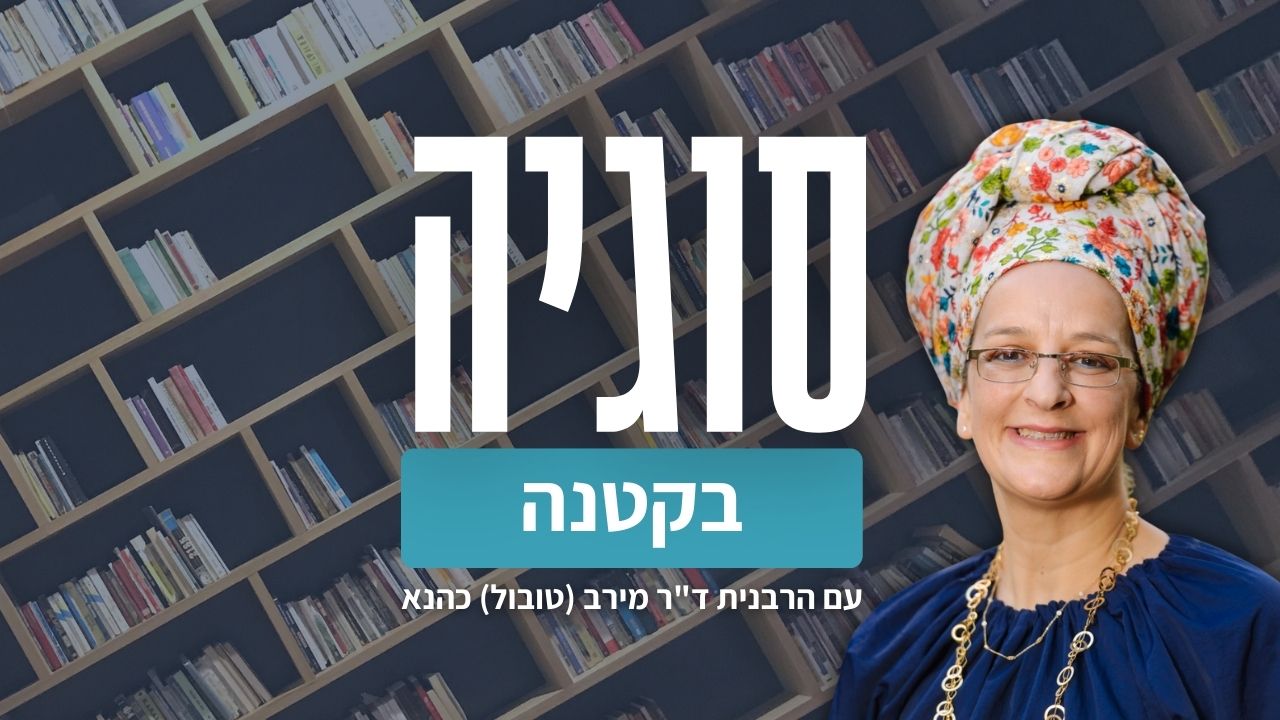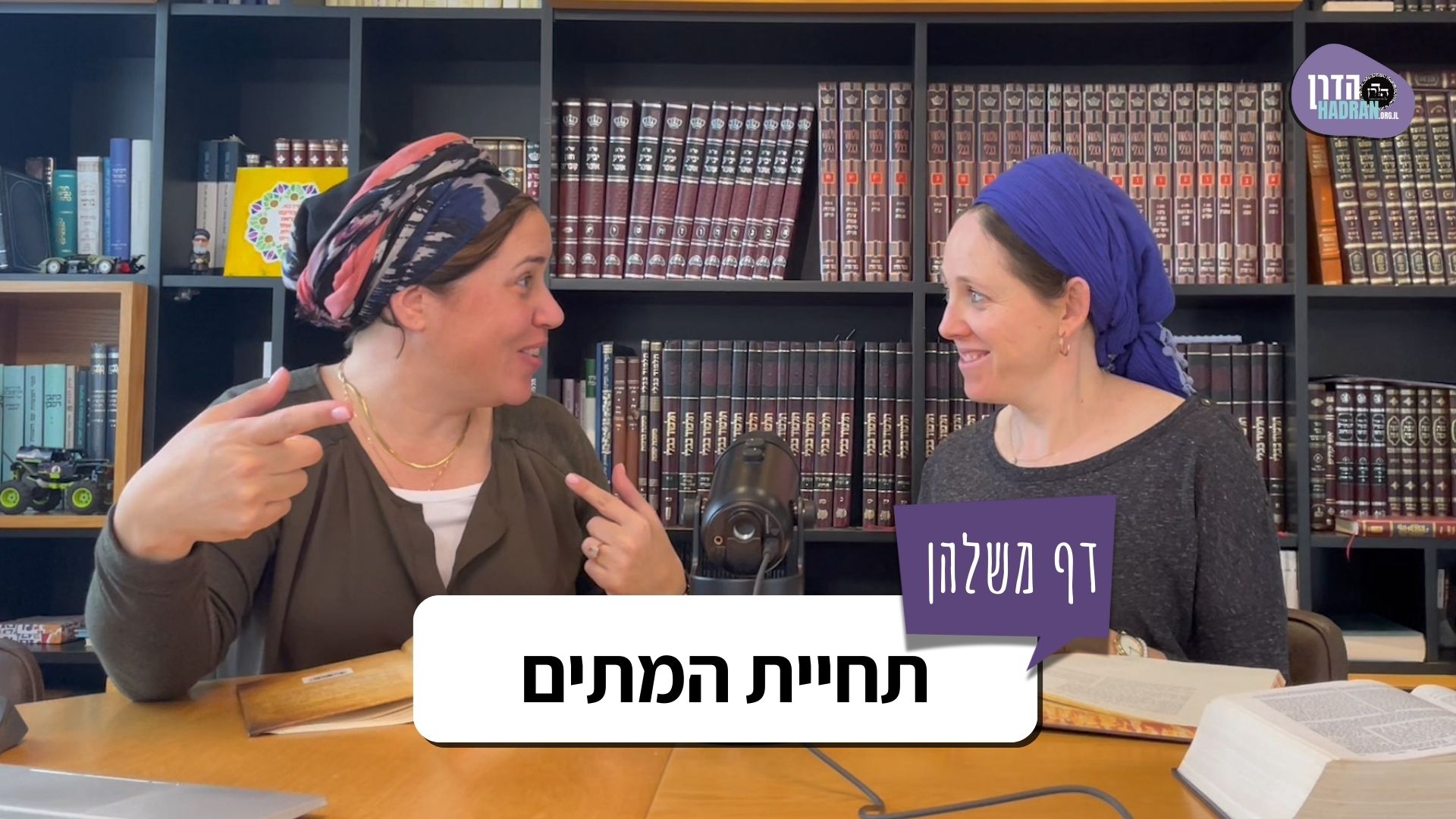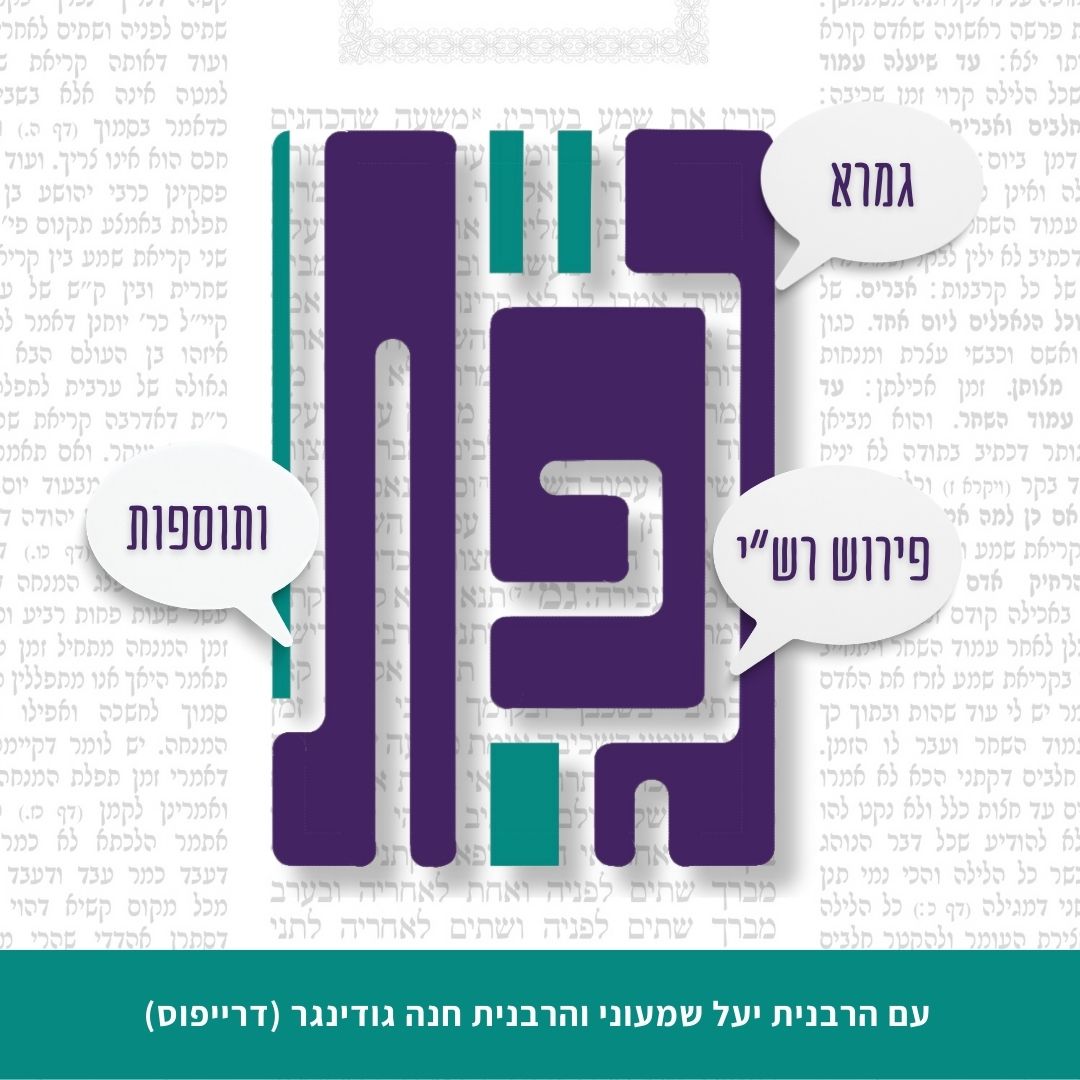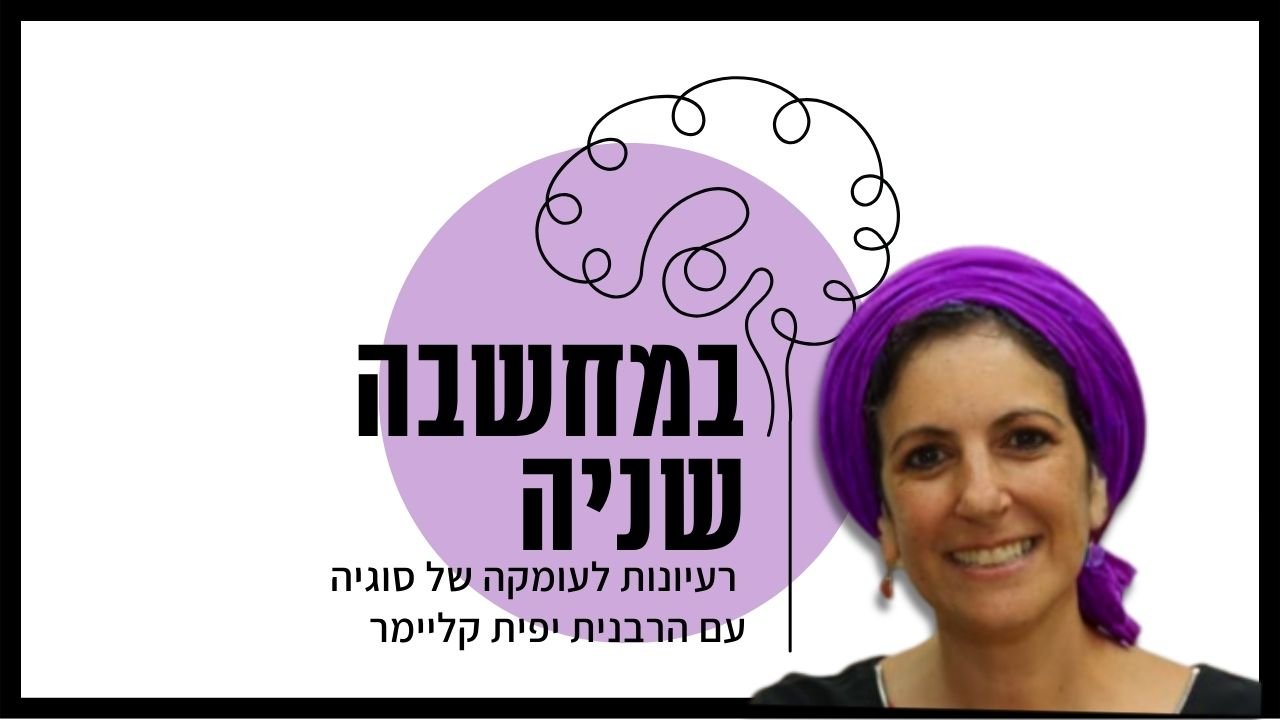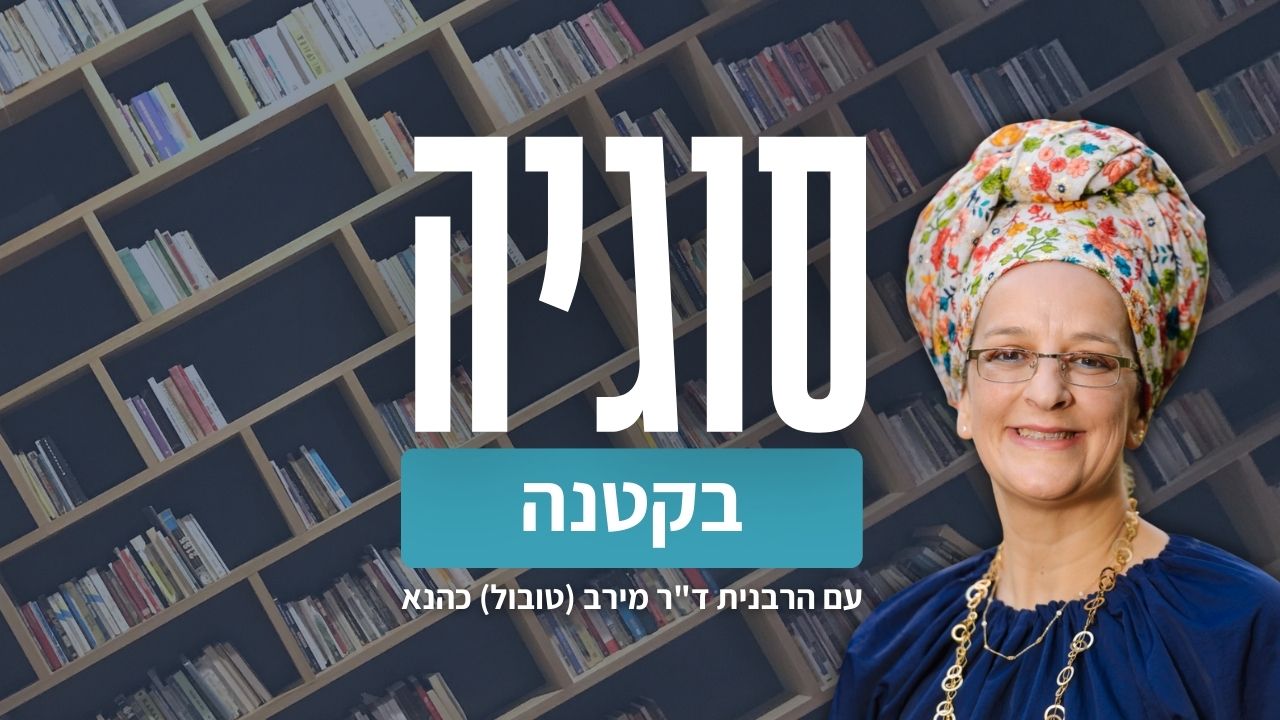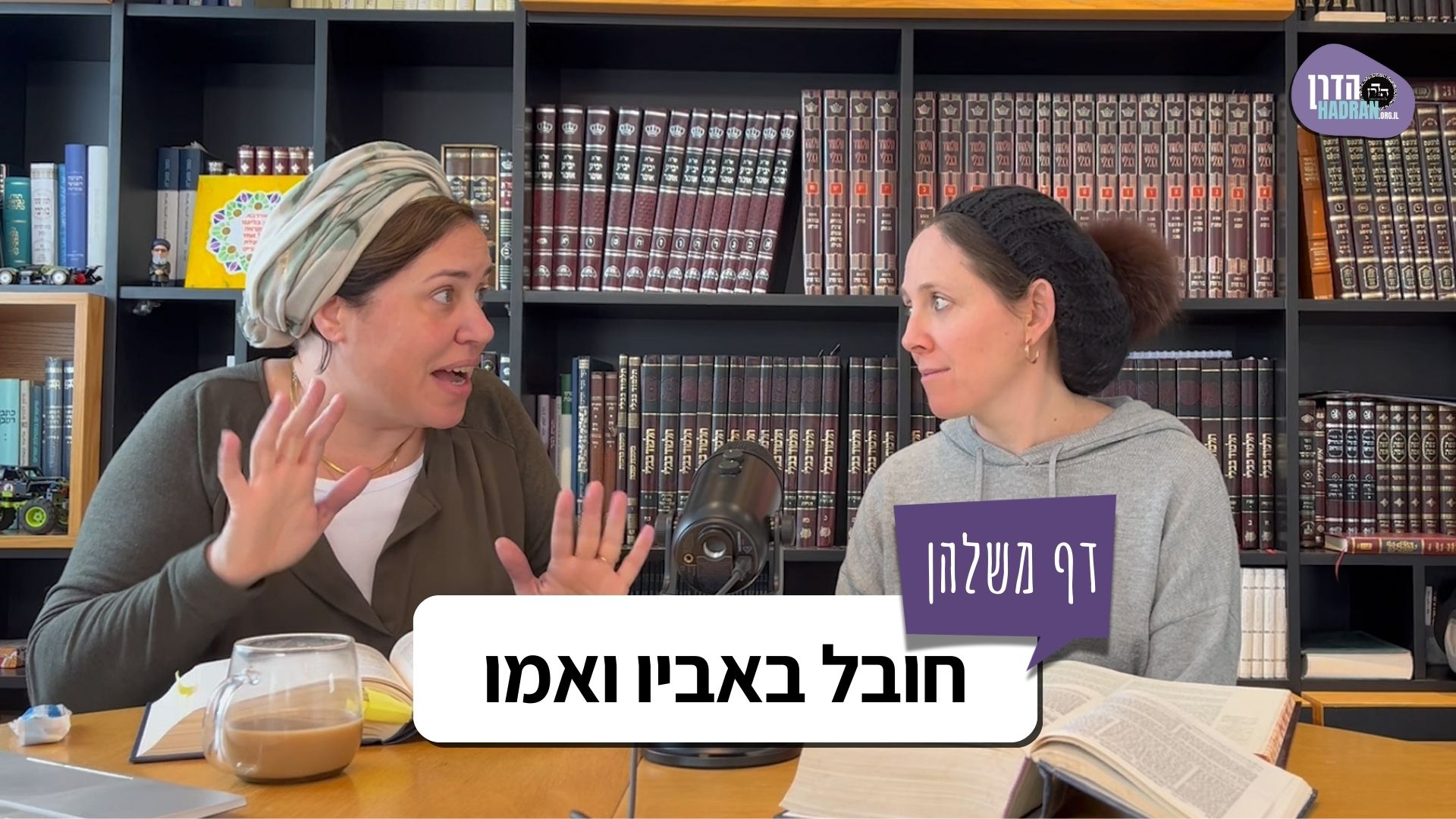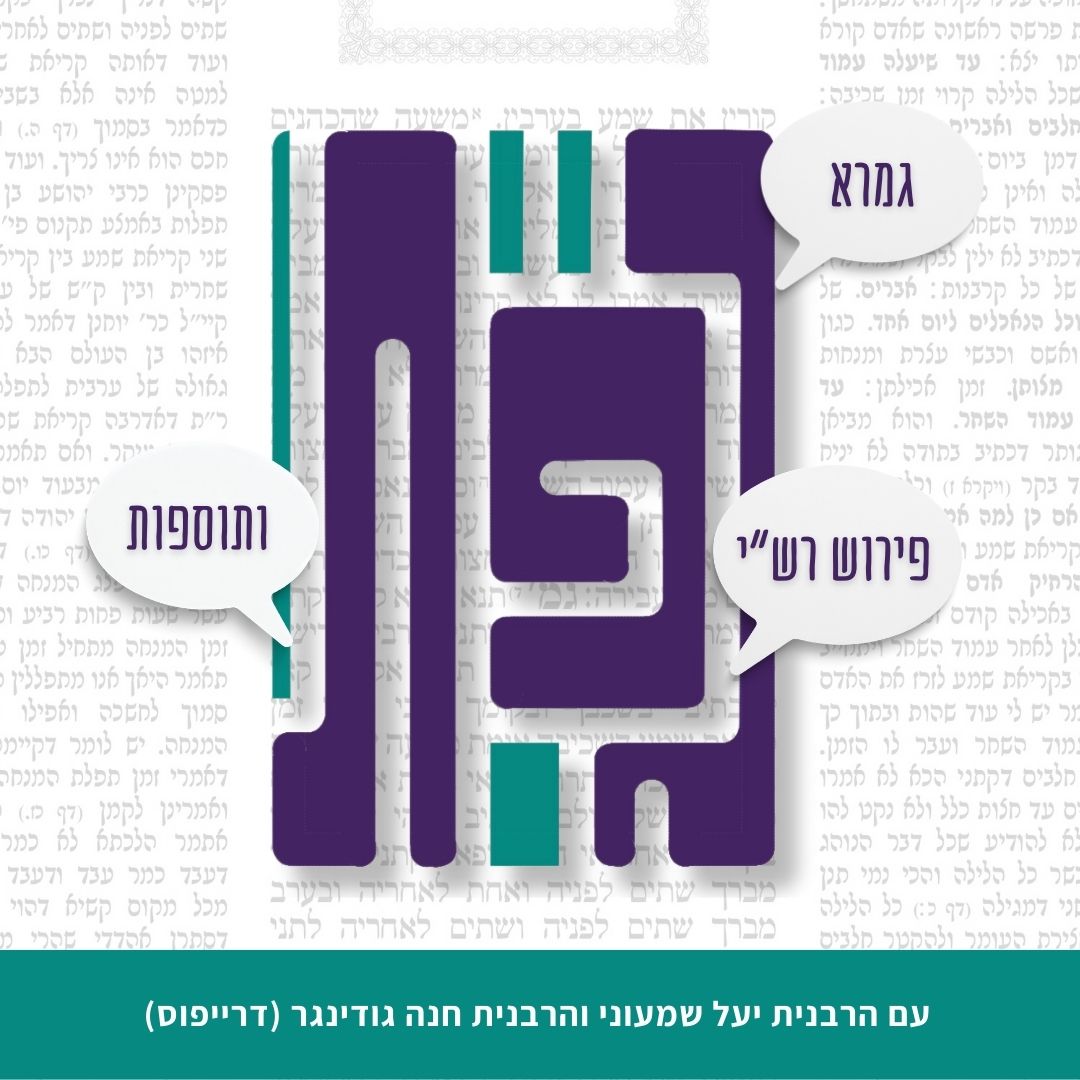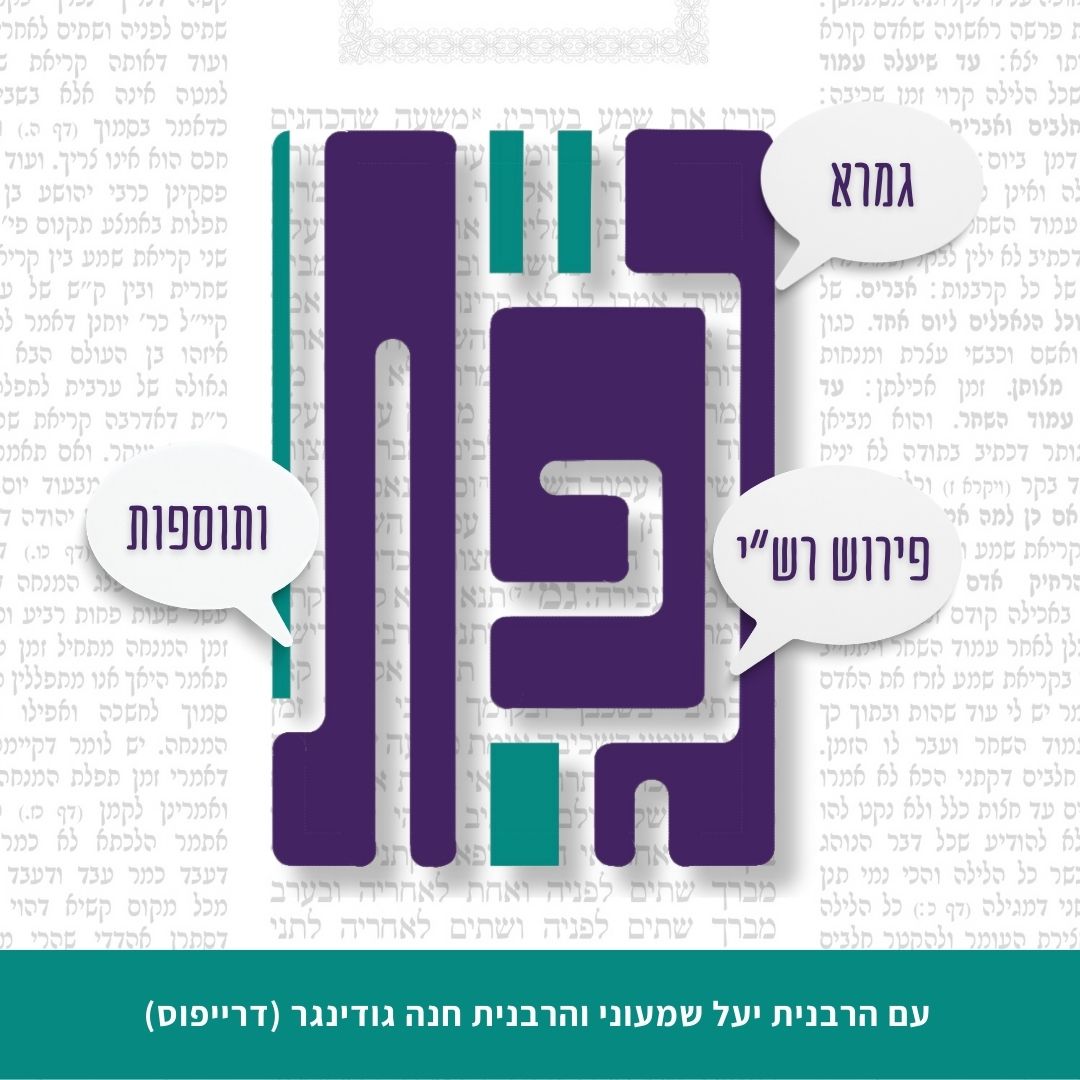סנהדרין קד
מֵעַמּוֹן וּמוֹאָב.
from Ammon and Moab. Although they were relatives of the Jewish people, as they descend from Lot, Abraham’s nephew, it is prohibited for a Jewish woman to marry a convert from either of those nations, because they failed to provide bread and water to the Jewish people in the wilderness.
וּמְקָרֶבֶת אֶת הָרְחוֹקִים – מִיִּתְרוֹ, דְּאָמַר רַבִּי יוֹחָנָן: בִּשְׂכַר ״קִרְאֶן לוֹ וְיֹאכַל לָחֶם״, זָכוּ בְּנֵי בָנָיו וְיָשְׁבוּ בְּלִשְׁכַּת הַגָּזִית, שֶׁנֶּאֱמַר: ״וּמִשְׁפְּחוֹת סוֹפְרִים יֹשְׁבֵי יַעְבֵּץ תִּרְעָתִים שִׁמְעָתִים שׂוּכָתִים הֵמָּה הַקִּינִים הַבָּאִים מֵחַמַּת אֲבִי בֵית רֵכָב״, וּכְתִיב הָתָם: ״וּבְנֵי קֵינִי חֹתֵן מֹשֶׁה עָלוּ מֵעִיר הַתְּמָרִים אֶת בְּנֵי יְהוּדָה מִדְבַּר יְהוּדָה אֲשֶׁר בְּנֶגֶב עֲרָד וַיֵּלֶךְ וַיֵּשֶׁב אֶת הָעָם״.
And the fact that it draws near the distant is derived from Yitro, as Rabbi Yoḥanan says: In reward for Yitro telling his daughters: “Call him, that he may eat bread” (Exodus 2:20), inviting Moses to join them for a meal, Yitro’s descendants were privileged and sat as scribes in session with the Sanhedrin in the Chamber of Hewn Stone. As it is stated: “And the families of the scribes who dwelt in Jabez; the Tirathites, the Shimeathites, the Sucathites. These were the Kenites who came of Hammath, father of the house of Rechab” (I Chronicles 2:55). And it is written there with regard to the identity of the Kenites: “And the children of the Kenite, Moses’ father-in-law, went up from the city of the palm trees with the children of Judah into the wilderness of Judah, which is in the south of Arad; and they went and dwelt with the people” (Judges 1:16).
וּמַעֲלֶמֶת עֵינַיִם מִן הָרְשָׁעִים – מִמִּיכָה.
And the fact that it averts eyes from the wicked is derived from Micah, who was not punished, because he provided bread to passersby.
וּמַשְׁרָה שְׁכִינָה עַל נְבִיאֵי הַבַּעַל – מֵחֲבֵירוֹ שֶׁל עִדּוֹ הַנָּבִיא, דִּכְתִיב: ״וַיְהִי הֵם יֹשְׁבִים אֶל הַשֻּׁלְחָן וַיְהִי דְּבַר ה׳ אֶל הַנָּבִיא אֲשֶׁר הֱשִׁיבוֹ״.
And the fact that it causes the Divine Presence to rest on the prophets of the Baal is derived from the colleague of Iddo the prophet, the elderly prophet who convinced Iddo to eat with him contrary to the directive of God, when Iddo went to Bethel to prophesy to Jeroboam, as it is written: “And it happened as they sat at the table, that the word of the Lord came to the prophet that brought him back” (I Kings 13:20). Although the elderly prophet was a false prophet, he was rewarded with true prophecy as a reward for hosting Iddo.
וְשִׁגְגָתָהּ עוֹלָה זָדוֹן, דְּאָמַר רַב יְהוּדָה אָמַר רַב: אִלְמָלֵי הִלְוָוהוּ יְהוֹנָתָן לְדָוִד שְׁתֵּי כִּכְּרוֹת לֶחֶם, לֹא נֶהֶרְגָה נוֹב עִיר הַכֹּהֲנִים, וְלֹא נִטְרַד דּוֹאֵג הָאֲדֹמִי, וְלֹא נֶהֱרַג שָׁאוּל וּשְׁלֹשֶׁת בָּנָיו.
And the fact that an unwitting transgression with regard to it is at times considered an intentional transgression is derived as Rav Yehuda says that Rav says: Had Jonathan lent David two loaves of bread when he was fleeing Saul, David would not have sought sustenance from the priests in Nov. The residents of Nov, city of the priests, would not have been killed, and Doeg the Edomite would not have been banished from the World-to-Come, and Saul and his three sons would not have been killed as punishment for that massacre.
וּמִפְּנֵי מָה לֹא מָנוּ אֶת אָחָז? אָמַר רַבִּי יִרְמְיָה בַּר אַבָּא: מִפְּנֵי שֶׁמּוּטָל בֵּין שְׁנֵי צַדִּיקִים, בֵּין יוֹתָם לְחִזְקִיָּהוּ. רַב יוֹסֵף אָמַר: מִפְּנֵי שֶׁהָיָה לוֹ בּשֶׁת פָּנִים מִישַׁעְיָהוּ, שֶׁנֶּאֱמַר: ״וַיֹּאמֶר ה׳ אֶל יְשַׁעְיָהוּ צֵא נָא לִקְרַאת אָחָז אַתָּה וּשְׁאָר יָשׁוּב בְּנֶךָ אֶל קְצֵה תְּעָלַת הַבְּרֵכָה הָעֶלְיוֹנָה אֶל מְסִלַּת שְׂדֵה כוֹבֵס״. מַאי ״כּוֹבֵס״? אִיכָּא דְּאָמְרִי: דְּכַבְשִׁינְהוּ לְאַפֵּיהּ וַחֲלַף, וְאִיכָּא דְּאָמְרִי: אוּכְלָא דְּקַצָּרֵי סְחַף אַרֵישֵׁיהּ וַחֲלַף.
§ The Gemara asks: And for what reason did the tanna’im not enumerate Ahaz among the kings with no share in the World-to-Come? His wickedness is extensively recounted in the Bible. Rabbi Yirmeya bar Abba says: He is not enumerated because he is cast between two righteous people, between his father, Jotham, and his son, Hezekiah. Rav Yosef says: He is not enumerated because he had a sense of embarrassment from Isaiah the prophet, as it is stated: “And the Lord said to Isaiah: Go out now to meet Ahaz, you, and Shear-Jashub your son, at the end of the aqueduct of the upper pool in the highway of the launderer’s [koves] field” (Isaiah 7:3). What is the meaning of the term koves? There are those who say: It means concealed [kavash], as Ahaz concealed [dekhavshinhu] his face and passed by the prophet because he was embarrassed to be seen. And there are those who say: He placed a launderer’s vessel over his head and passed by the prophet so that Isaiah would be unable to identify him.
מִפְּנֵי מָה לֹא מָנוּ אֶת אָמוֹן? מִפְּנֵי כְּבוֹדוֹ שֶׁל יֹאשִׁיָּהוּ. מְנַשֶּׁה נָמֵי לָא נִמְנֵי מִפְּנֵי כְּבוֹדוֹ שֶׁל חִזְקִיָּהוּ? בְּרָא מְזַכֵּי אַבָּא, אַבָּא לָא מְזַכֵּי בְּרָא. דִּכְתִיב: ״וְאֵין מִיָּדִי מַצִּיל״. אֵין אַבְרָהָם מַצִּיל אֶת יִשְׁמָעֵאל, אֵין יִצְחָק מַצִּיל אֶת עֵשָׂו. הַשְׁתָּא דְּאָתֵית לְהָכִי, אָחָז נָמֵי לָא אִימְּנִי מִשּׁוּם כְּבוֹדוֹ שֶׁל חִזְקִיָּהוּ.
The Gemara continues and asks: For what reason did the tanna’im not enumerate the wicked Amon among the kings with no share in the World-to-Come? The Gemara answers: He is not enumerated due to the honor of Josiah, his righteous son. The Gemara challenges: Let us also not enumerate Manasseh due to the honor of Hezekiah, his righteous father. The Gemara explains: The son confers merit upon the father, as it is to the father’s credit that he raised a righteous son; but the father does not confer merit upon the son, as it is written: “None delivers from My hand” (Deuteronomy 32:39). Abraham does not deliver his son Ishmael from the judgment of Heaven; Isaac does not deliver his son Esau from judgment. The Gemara comments: Now that you have arrived at this understanding, Ahaz too was not enumerated in the mishna due to the honor of his son Hezekiah.
וּמִפְּנֵי מָה לֹא מָנוּ אֶת יְהוֹיָקִים? מִשּׁוּם דְּרַבִּי חִיָּיא בְּרַבִּי אֲבוּיָה, דְּאָמַר רַבִּי חִיָּיא בְּרַבִּי אֲבוּיָה: כְּתִיב עַל גּוּלְגׇּלְתּוֹ [שֶׁל] יְהוֹיָקִים ״זֹאת וְעוֹד אַחֶרֶת״. זְקֵינוֹ דְּרַבִּי פְּרִידָא אַשְׁכַּח גּוּלְגֻּלְתָּא דַּהֲוָה קָא שַׁדְיָא בְּשַׁעֲרֵי יְרוּשָׁלַיִם, וּכְתִיב בָּהּ ״זֹאת וְעוֹד אַחֶרֶת״. קַבְרַהּ וְלָא אִיקְּבַרָא, קַבְרַהּ וְלָא אִיקְּבַרָא.
The Gemara asks: And for what reason did the tanna’im not enumerate Jehoiakim among the kings with no share in the World-to-Come? His extreme wickedness is described extensively in the Bible. The Gemara explains: It is due to that which was stated by Rabbi Ḥiyya, son of Rabbi Avuya, as Rabbi Ḥiyya, son of Rabbi Avuya, says: It was written on the skull of Jehoiakim: This and yet another, indicating that he will receive a double punishment. The Gemara relates that Rabbi Perida’s grandfather, apparently Rabbi Ḥiyya, son of Rabbi Avuya, found a skull that was cast near the gates of Jerusalem, and on it was written: This and yet another. He buried it, but it did not stay buried. He buried it again, and again it did not stay buried. Each time he buried the skull it emerged from the grave.
אָמַר: גּוּלְגׇּלְתּוֹ שֶׁל יְהוֹיָקִים הִיא, דִּכְתִיב בֵּיהּ ״קְבוּרַת חֲמוֹר יִקָּבֵר סָחוֹב וְהַשְׁלֵךְ וְגוֹ׳״. אֲמַר: מַלְכָּא הוּא, וְלָא אִיפְשָׁר לְזַלְזוֹלֵי בֵּיהּ. כַּרְכַהּ בְּשִׁירָאֵי וְאוֹתְבַהּ בְּסִיפְתָּא. חֲזֵיתַהּ דְּבֵיתְהוּ, סְבַרָא: הָא דְּאִיתְּתָא קַמַּיְיתָא הֲוָה, דְּהָא לָא קָא מִנְּשֵׁי לַהּ. שְׁגַרָא תַּנּוּרָא וְקַלְתַּהּ. הַיְינוּ דִּכְתִיב: ״זֹאת וְעוֹד אַחֶרֶת״.
He said: This is no doubt the skull of Jehoiakim, as it is written in his regard: “He shall be buried with the burial of a donkey, drawn and cast forth beyond the gates of Jerusalem” (Jeremiah 22:19). The fulfillment of this verse is exemplified in the inability to bury him. Rabbi Perida’s grandfather said: He is a king, and it is inappropriate to display contempt for it. He wrapped the skull in silk and placed it in a box. His wife saw the box and thought: This was the skull of his first wife, as he is not forgetting her. She ignited the oven and incinerated the skull. When she informed her husband what she had done, he said: That is the meaning of that which is written on the skull: This and yet another. Not only was his corpse discarded in a demeaning manner and not buried, but his skull was incinerated. That ordeal atoned for some of his transgressions, and he received a share in the World-to-Come.
תַּנְיָא, אָמַר רַבִּי שִׁמְעוֹן בֶּן אֶלְעָזָר: בִּשְׁבִיל ״וְהַטּוֹב בְּעֵינֶיךָ עָשִׂיתִי״ – ״מָה אוֹת״. בִּשְׁבִיל ״מָה אוֹת״ – גּוֹיִם אָכְלוּ עַל שׁוּלְחָנוֹ. בִּשְׁבִיל שֶׁגּוֹיִם אָכְלוּ עַל שׁוּלְחָנוֹ – גָּרַם גָּלוּת לְבָנָיו. מְסַיַּיע לֵיהּ לְחִזְקִיָּה, דְּאָמַר חִזְקִיָּה: כָּל הַמְזַמֵּן גּוֹי לְתוֹךְ בֵּיתוֹ וּמְשַׁמֵּשׁ עָלָיו גּוֹרֵם גָּלוּת לְבָנָיו, שֶׁנֶּאֱמַר: ״וּמִבָּנֶיךָ אֲשֶׁר יֵצְאוּ מִמְּךָ [אֲשֶׁר תּוֹלִיד] יִקָּחוּ וְהָיוּ סָרִיסִים בְּהֵיכַל מֶלֶךְ בָּבֶל״.
§ It is taught in a baraita that Rabbi Shimon ben Elazar says: Because of Hezekiah’s boastful statement: “And I have done what is good in Your eyes” (II Kings 20:3), he also asked the prophet inappropriately: “What shall be the sign that the Lord shall heal me” (II Kings 20:8). Because of his question: “What shall be the sign,” gentiles ate at his table. The sign was that the sun reversed its path and appeared lower, rather than higher, on the sundial of Ahaz, leading the king of Babylonia to dispatch messengers to Hezekiah. Because gentiles ate at his table, it ultimately caused the exile of his descendants. The Gemara comments: This supports the statement of Ḥizkiyya, as Ḥizkiyya said: Anyone who invites an idol worshipper into his house and serves him causes the exile of his descendants, as it is stated: “And of your sons who shall issue from you, whom you shall beget, shall they take away; and they shall be eunuchs in the palace of the king of Babylonia” (II Kings 20:18).
״וַיִּשְׂמַח עֲלֵיהֶם חִזְקִיָּהוּ וַיַּרְאֵם אֶת בֵּית נְכֹתֹה אֶת הַכֶּסֶף וְאֶת הַזָּהָב וְאֶת הַבְּשָׂמִים וְאֵת הַשֶּׁמֶן הַטּוֹב וְגוֹ׳״. אָמַר רַב: מַאי ״בֵּית נְכֹתֹה״? אִשְׁתּוֹ הִשְׁקְתָה עֲלֵיהֶם. וּשְׁמוּאֵל אָמַר: בֵּית גְּנָזָיו הֶרְאָה לָהֶם. וְרַבִּי יוֹחָנָן אָמַר: זַיִן אוֹכֵל זַיִן הֶרְאָה לָהֶן.
With regard to the verse: “And Hezekiah was glad of them, and showed them his treasury [beit nekhoto], the silver and the gold, and the spices and the precious ointment” (Isaiah 39:2), Rav says: What is the meaning of beit nekhoto? It means that his wife, who typically did not appear before strangers for reasons of modesty, poured drinks for them. And Shmuel says: It means that he showed them his actual treasury. Rabbi Yoḥanan says: It means that he showed them a weapon so powerful that it breaks another weapon.
״אֵיכָה יָשְׁבָה בָּדָד״. אָמַר רָבָא אָמַר רַבִּי יוֹחָנָן: מִפְּנֵי מָה לָקוּ יִשְׂרָאֵל בְּאֵיכָה? מִפְּנֵי שֶׁעָבְרוּ עַל שְׁלֹשִׁים וָשֵׁשׁ כָּרֵיתוֹת שֶׁבַּתּוֹרָה.
§ Apropos the exile of the descendants of the kings of Judea to Babylonia, the Gemara cites an aggadic statement about the destruction of the Temple and the sins of the Jewish people that caused it. With regard to the verse: “How [eikha] does the city sit solitary” (Lamentations 1:1), Rava says that Rabbi Yoḥanan says: For what reason were the Jewish people stricken and their plight bemoaned with the term eikha? It is due to the fact that they violated thirty-six prohibitions punishable with karet that are enumerated in the Torah, corresponding to the numerological value of eikha, spelled alef, yod, kaf, heh.
אָמַר רַבִּי יוֹחָנָן: מִפְּנֵי מָה לָקוּ בְּאָלֶף בֵּית? מִפְּנֵי שֶׁעָבְרוּ עַל הַתּוֹרָה שֶׁנִּיתְּנָה בְּאָלֶף בֵּית.
Rabbi Yoḥanan says: For what reason were the Jewish people stricken, and their plight bemoaned with an acrostic based on the alef beit, as the book of Lamentations contains multiple alphabetical acrostics? It is due to the fact that they violated the Torah, which was given in the language of the alef beit.
״יָשְׁבָה בָּדָד״. אָמַר רָבָא אָמַר רַבִּי יוֹחָנָן: אָמַר הַקָּדוֹשׁ בָּרוּךְ הוּא, אֲנִי אָמַרְתִּי ״וַיִּשְׁכֹּן יִשְׂרָאֵל בֶּטַח בָּדָד עֵין יַעֲקֹב אֶל אֶרֶץ דָּגָן וְתִירוֹשׁ אַף שָׁמָיו יַעַרְפוּ טָל״, עַכְשָׁיו יִהְיֶה בָּדָד מוֹשָׁבָם. ״הָעִיר רַבָּתִי עָם״, אָמַר רָבָא אָמַר רַבִּי יוֹחָנָן: שֶׁהָיוּ מַשִּׂיאִין קְטַנָּה לְגָדוֹל וּגְדוֹלָה לְקָטָן, כְּדֵי שֶׁיְּהוּ לָהֶם בָּנִים הַרְבֵּה.
With regard to the phrase “Does the city sit solitary,” Rava says that Rabbi Yoḥanan says that the Holy One, Blessed be He, said: I said: “And Israel dwells in safety, the fountain of Jacob in solitude, to a land of grain and wine; also His heavens shall drop down dew” (Deuteronomy 33:28), indicating that their solitude shall be one of wealth and prominence. Now that they have rejected my directive and cleaved to and learned from the gentiles, their dwelling shall be solitary in sorrow. With regard to the phrase: “The city that was full of people” (Lamentations 1:1), Rava says that Rabbi Yoḥanan says: They would marry a younger female to an older male and an older female to a younger male so that they would have many children.
״הָיְתָה כְּאַלְמָנָה״ – אָמַר רַב יְהוּדָה אָמַר רַב: כְּאַלְמָנָה, וְלֹא אַלְמָנָה מַמָּשׁ, אֶלָּא כְּאִשָּׁה שֶׁהָלַךְ בַּעְלָהּ לִמְדִינַת הַיָּם וְדַעְתּוֹ לַחֲזוֹר אֵלֶיהָ. ״רַבָּתִי בַגּוֹיִם שָׂרָתִי בַּמְּדִינוֹת״ – אָמַר רָבָא אָמַר רַבִּי יוֹחָנָן: כׇּל מָקוֹם שֶׁהֵן הוֹלְכִין, נַעֲשִׂין שָׂרִים לַאֲדוֹנֵיהֶן.
With regard to the phrase describing Jerusalem: “She became like a widow” (Lamentations 1:1), Rav Yehuda says that Rav says: Like a widow, but not an actual widow. Rather, Jerusalem is like a woman whose husband has gone to a country overseas, and yet he intends to return to her. With regard to the phrase: “Great among the nations, and princess among the provinces” (Lamentations 1:1), Rava says that Rabbi Yoḥanan says: Every place they go, when exiled among the nations, the Jewish people become princes to their masters due to their wisdom.
תָּנוּ רַבָּנַן: מַעֲשֶׂה בִּשְׁנֵי בְּנֵי אָדָם שֶׁנִּשְׁבּוּ בְּהַר הַכַּרְמֶל, וְהָיָה שַׁבַּאי מְהַלֵּךְ אַחֲרֵיהֶם.
The Sages taught in a baraita: There was an incident involving two Jewish people who were taken captive on Mount Carmel, and their captor was walking behind them.
אָמַר לוֹ אֶחָד מֵהֶם לַחֲבֵירוֹ: גָּמָל שֶׁמְהַלֶּכֶת לְפָנֵינוּ סוֹמָא בְּאַחַת מֵעֵינֶיהָ, וּטְעוּנָה שְׁתֵּי נוֹדוֹת, אַחַת שֶׁל יַיִן וְאַחַת שֶׁל שֶׁמֶן, וּשְׁנֵי בְּנֵי אָדָם הַמַּנְהִיגִים אוֹתָהּ, אֶחָד יִשְׂרָאֵל וְאֶחָד גּוֹי. אָמַר לָהֶן [שַׁבַּאי]: עַם קְשֵׁה עוֹרֶף! מֵאֵין אַתֶּם יוֹדְעִין?
One of the captives said to the other: The camel that is walking ahead of us is blind in one of its eyes and laden with two wineskins, one filled with wine and one filled with oil. And two people are driving the camel, one a Jew and one a gentile. The captor said to them: Stiff-necked people, from where do you know these matters that you cannot see?
אָמְרוּ לוֹ: גָּמָל מֵעֲשָׂבִים שֶׁלְּפָנֶיהָ, מִצַּד שֶׁרוֹאָה אוֹכֶלֶת, מִצַּד שֶׁאֵינָהּ רוֹאָה אֵינָהּ אוֹכֶלֶת. וּטְעוּנָה שְׁתֵּי נוֹדוֹת, אַחַת שֶׁל יַיִן וְאַחַת שֶׁל שֶׁמֶן; שֶׁל יַיִן מְטַפְטֵף וְשׁוֹקֵעַ, וְשֶׁל שֶׁמֶן מְטַפְטֵף וְצָף. וּשְׁנֵי בְּנֵי אָדָם הַמַּנְהִיגִים אוֹתָהּ, אֶחָד גּוֹי וְאֶחָד יִשְׂרָאֵל; גּוֹי נִפְנֶה לַדֶּרֶךְ, וְיִשְׂרָאֵל נִפְנֶה לִצְדָדִין.
They said to him: We know that the camel is blind from the grass that is before it, as from the grass on the side that it sees, it eats, and from the grass on the side that it does not see, it does not eat, i.e., it eats grass from only one side. And we know that it is laden with two wineskins, one filled with wine and one filled with oil, as wine drips and sinks into the ground and oil drips and floats on the surface, and we see the difference on the ground. And we know that two people are driving the camel, one a Jew and one a gentile, as the gentile defecates on the road and the Jew, in the interests of modesty, goes to the sides of the road to defecate.
רָדַף אַחֲרֵיהֶם וּמָצָא כְּדִבְרֵיהֶם. בָּא וּנְשָׁקָן עַל רֹאשָׁן, וֶהֱבִיאָן לְבֵיתוֹ וְעָשָׂה לָהֶן סְעוּדָה גְּדוֹלָה. וְהָיָה מְרַקֵּד לִפְנֵיהֶם וְאָמַר: בָּרוּךְ שֶׁבָּחַר בְּזַרְעוֹ שֶׁל אַבְרָהָם וְנָתַן לָהֶם מֵחׇכְמָתוֹ, וּבְכׇל מָקוֹם שֶׁהֵן הוֹלְכִין נַעֲשִׂין שָׂרִים לַאֲדוֹנֵיהֶם. וּפְטָרָן [וְהָלְכוּ] לְבָתֵּיהֶם לְשָׁלוֹם.
The captor pursued the camel and its drivers to determine whether the statements of the captives were accurate, and found that the reality was in accordance with their statements. He came and respectfully kissed them on their head, and brought them to their house and prepared a great feast for them. And he was dancing before them and said: Blessed is He who chose the descendants of Abraham and granted of His wisdom to them, and in every place that they go they become princes to their lords. And he released them and they went to their houses in peace.
״בָּכֹה תִבְכֶּה בַּלַּיְלָה״ – שְׁתֵּי בְּכִיּוֹת הַלָּלוּ לָמָּה? אָמַר רַבָּה אָמַר רַבִּי יוֹחָנָן: אֶחָד עַל מִקְדָּשׁ רִאשׁוֹן וְאֶחָד עַל מִקְדָּשׁ שֵׁנִי. ״בַּלַּיְלָה״ – עַל עִסְקֵי לַיְלָה, שֶׁנֶּאֱמַר: ״וַתִּשָּׂא כׇּל הָעֵדָה וַיִּתְּנוּ אֶת קוֹלָם וַיִּבְכּוּ הָעָם בַּלַּיְלָה הַהוּא״.
§ The Gemara returns to its interpretation of verses in Lamentations: “She cries [bakho tivke] at night” (Lamentations 1:2). These two cries, indicated by the use of a compound verb, why are they written? Rabba says that Rabbi Yoḥanan says: One is a cry over the destruction of the First Temple, and one is a cry over the destruction of the Second Temple, which was destined to be destroyed. The term “at night” indicates that the crying is over matters of night, as it is stated with regard to the response of the Jewish people to the report of the spies after their return from the land of Canaan: “And all the congregation lifted up their voice, and the people cried that night” (Numbers 14:1).
אָמַר רַבָּה אָמַר רַבִּי יוֹחָנָן: אוֹתוֹ הַיּוֹם לֵיל תִּשְׁעָה בְּאָב הָיָה. אָמַר לָהֶן הַקָּדוֹשׁ בָּרוּךְ הוּא לְיִשְׂרָאֵל: אַתֶּם בְּכִיתֶם בְּכִיָּה שֶׁל חִנָּם, וַאֲנִי אֶקְבַּע לָכֶם בְּכִיָּה לְדוֹרוֹת.
Rabba says that Rabbi Yoḥanan says: That day that they heard the spies’ report was the evening of the Ninth of Av. The Holy One, Blessed be He, said to the Jewish people: You cried an unwarranted cry, and so I will establish for you a reason to cry for generations.
דָּבָר אַחֵר: ״בַּלַּיְלָה״ – שֶׁכׇּל הַבּוֹכֶה בַּלַּיְלָה, קוֹלוֹ נִשְׁמָע. דָּבָר אַחֵר: ״בַּלַּיְלָה״ – שֶׁכׇּל הַבּוֹכֶה בַּלַּיְלָה, כּוֹכָבִים וּמַזָּלוֹת בּוֹכִין עִמּוֹ. דָּבָר אַחֵר: ״בַּלַּיְלָה״ – שֶׁכׇּל הַבּוֹכֶה בַּלַּיְלָה, הַשּׁוֹמֵעַ קוֹלוֹ בּוֹכֶה כְּנֶגְדּוֹ. מַעֲשֶׂה בְּאִשָּׁה אַחַת, שְׁכֶנְתּוֹ שֶׁל רַבָּן גַּמְלִיאֵל, שֶׁמֵּת בְּנָהּ וְהָיְתָה בּוֹכָה עָלָיו בַּלַּיְלָה. שָׁמַע רַבָּן גַּמְלִיאֵל קוֹלָהּ וּבָכָה כְּנֶגְדָּהּ, עַד שֶׁנָּשְׁרוּ רִיסֵי עֵינָיו. לְמָחָר הִכִּירוּ בּוֹ תַּלְמִידָיו וְהוֹצִיאוּהָ מִשְּׁכוּנָתוֹ.
Alternatively, the term “at night” indicates that with regard to anyone who cries at night, his voice is heard due to the ambient silence. Alternatively, the term “at night” indicates that in the case of anyone who cries at night, the stars and the constellations cry with him. Alternatively, the term “at night” indicates that in the case of anyone who cries at night, one who hears his voice is touched by his suffering and cries with him. There was an incident involving one woman, the neighbor of Rabban Gamliel, whose son died, and she would cry over his death at night. Rabban Gamliel heard her voice and cried with her until his eyelashes fell out. The next day his students noticed that he had been crying, and they removed the woman from his neighborhood so that Rabban Gamliel could sleep.
״וְדִמְעָתָהּ עַל לֶחֱיָהּ״, אָמַר רָבָא אָמַר רַבִּי יוֹחָנָן: כְּאִשָּׁה שֶׁבּוֹכָה עַל בַּעַל נְעוּרֶיהָ, שֶׁנֶּאֱמַר ״אֱלִי כִּבְתוּלָה חֲגֻרַת שַׂק עַל בַּעַל נְעוּרֶיהָ״. ״הָיוּ צָרֶיהָ לְרֹאשׁ״, אָמַר רָבָא אָמַר רַבִּי יוֹחָנָן: כׇּל הַמֵּיצֵר לְיִשְׂרָאֵל נַעֲשָׂה רֹאשׁ, שֶׁנֶּאֱמַר ״כִּי לֹא מוּעָף לַאֲשֶׁר מוּצָק לָהּ כָּעֵת הָרִאשׁוֹן הֵקַל אַרְצָה זְבֻלוּן וְאַרְצָה נַפְתָּלִי וְהָאַחֲרוֹן הִכְבִּיד דֶּרֶךְ הַיָּם עֵבֶר הַיַּרְדֵּן גְּלִיל הַגּוֹיִם״. אָמַר רָבָא אָמַר רַבִּי יוֹחָנָן: כׇּל הַמֵּצִיק לְיִשְׂרָאֵל אֵינוֹ עָיֵף.
With regard to the verse: “And her tears are on her cheeks” (Lamentations 1:2), Rava says that Rabbi Yoḥanan says: This is like a woman who cries over the husband of her youth, as it is stated: “Lament like a virgin girded with sackcloth for the husband of her youth” (Joel 1:8). With regard to the verse: “Her adversaries have become the head” (Lamentations 1:5), Rava says that Rabbi Yoḥanan says: This indicates that anyone who torments the Jewish people becomes a leader, as it is stated: “For there is no weariness to him that is set against her; at the first He lightly afflicted the land of Zebulun, and the land of Naphtali and afterward He afflicted her more grievously by the way of the sea, beyond the Jordan and the Galilee of the nations” (Isaiah 8:23). Rava says that Rabbi Yoḥanan says: From this verse one derives that anyone who harasses Israel does not grow weary.
״לֹא אֲלֵיכֶם כׇּל עֹבְרֵי דֶרֶךְ״, אָמַר רָבָא אָמַר רַבִּי יוֹחָנָן: מִכָּאן לְקוּבְלָנָא מִן הַתּוֹרָה. ״כׇּל עֹבְרֵי דֶרֶךְ״, אָמַר רַב עַמְרָם אָמַר רַב: עֲשָׂאוּנִי כְּעוֹבְרֵי עַל דָּת. דְּאִילּוּ בִּסְדוֹם כְּתִיב: ״וַה׳ הִמְטִיר עַל סְדֹם״, וְאִילּוּ בִּירוּשָׁלַיִם כְּתִיב: ״מִמָּרוֹם שָׁלַח אֵשׁ בְּעַצְמֹתַי וַיִּרְדֶּנָּה וְגוֹ׳״. וּכְתִיב: ״וַיִּגְדַּל עֲוֹן בַּת עַמִּי מֵחַטַּאת סְדֹם״.
With regard to the verse: “It is nothing to you, all you who pass by” (Lamentations 1:12), Rava says that Rabbi Yoḥanan says: From here there is a source from the Torah for complaint, i.e., it is appropriate for one to make his suffering public so that others will have compassion for him. With regard to the phrase “all you who pass by,” Rav Amram says that Rav says that it is as though Jerusalem said: They have rendered me like a city of those who violate the most fundamental precepts of law and morality, as, with regard to Sodom, it is written: “Then the Lord rained upon Sodom brimstone and fire from the Lord out of Heaven” (Genesis 19:24), while with regard to Jerusalem, it is written: “From above He has sent fire into my bones, and it prevails against them” (Lamentations 1:13). In both cities, fire rained down from Heaven. And it is written: “For the iniquity of the daughter of my people is greater than the sin of Sodom” (Lamentations 4:6).
וְכִי מַשּׂוֹא פָּנִים יֵשׁ בַּדָּבָר? אָמַר רָבָא אָמַר רַבִּי יוֹחָנָן: מִדָּה יְתֵירָה הָיְתָה בִּירוּשָׁלַיִם שֶׁלֹּא הָיְתָה בִּסְדוֹם, דְּאִילּוּ בִּסְדוֹם כְּתִיב: ״הִנֵּה זֶה הָיָה עֲוֹן סְדֹם אֲחוֹתֵךְ גָּאוֹן שִׂבְעַת לֶחֶם וְיַד עָנִי וְאֶבְיוֹן לֹא הֶחֱזִיקָה וְגוֹ׳״, וְאִילּוּ בִּירוּשָׁלַיִם כְּתִיב: ״יְדֵי נָשִׁים רַחֲמָנִיּוֹת בִּשְּׁלוּ יַלְדֵיהֶן״.
The Gemara asks: And is there partiality in the matter? Why was Jerusalem not overturned like Sodom? Rava says that Rabbi Yoḥanan says: It is because there was an additional measure of suffering in Jerusalem that was not in Sodom, as with regard to Sodom it is written: “Behold this was the iniquity of your sister Sodom; pride, surfeit of bread and careless ease was in her and in her daughters; and yet she did not strengthen the hand of the poor and needy” (Ezekiel 16:49). The people of Sodom were not subject to the afflictions of hunger and famine. Whereas, with regard to Jerusalem it is written: “The hands of compassionate women cooked their own children” (Lamentations 4:10). The residents of Jerusalem were punished with great severity.
״סִלָּה כׇל אַבִּירַי ה׳ בְּקִרְבִּי״, כְּאָדָם שֶׁאוֹמֵר לַחֲבֵרוֹ: נִפְסְלָה מַטְבֵּעַ זוֹ.
The verse: “The Lord has spurned all my mighty men in the midst of me” (Lamentations 1:15), means that this is like a person who says to another: This coin was invalidated. The prominent residents of Jerusalem were crushed and discredited, and their reputations were irreversibly tainted.
״פָּצוּ עָלַיִךְ פִּיהֶם״ – אָמַר רָבָא אָמַר רַבִּי יוֹחָנָן: בִּשְׁבִיל מָה הִקְדִּים פֵּא לְעַיִן? בִּשְׁבִיל מְרַגְּלִים שֶׁאָמְרוּ בְּפִיהֶם מַה שֶּׁלֹּא רָאוּ בְּעֵינֵיהֶם.
With regard to the verse: “They have opened their mouths against you” (Lamentations 2:16), Rava says that Rabbi Yoḥanan says: For what reason did the prophet precede the verse beginning with the letter peh to the verse beginning with the letter ayin in several chapters of Lamentations? Since peh means mouth and ayin means eye, it is for the spies who said with their mouths [befihem] what they did not see with their eyes [be’eineihem].
״אֹכְלֵי עַמִּי אָכְלוּ לֶחֶם ה׳ לֹא קָרָאוּ״. אָמַר רָבָא אָמַר רַבִּי יוֹחָנָן: כׇּל הָאוֹכֵל מִלַּחְמָן שֶׁל יִשְׂרָאֵל טוֹעֵם טַעַם לֶחֶם, וְשֶׁאֵינוֹ אוֹכֵל מִלַּחְמָן שֶׁל יִשְׂרָאֵל אֵינוֹ טוֹעֵם טַעַם לֶחֶם. ״ה׳ לֹא קָרָאוּ״ – רַב אָמַר: אֵלּוּ הַדַּיָּינִין, וּשְׁמוּאֵל אָמַר: אֵלּוּ מְלַמְּדֵי תִינוֹקוֹת.
With regard to the verse: “The eaters of My people ate bread, and they call not upon the Lord” (Psalms 14:4), Rava says that Rabbi Yoḥanan says: Any gentile thief who eats the bread of the Jewish people tastes the flavor of bread, and one who does not eat from the bread of the Jewish people does not taste the flavor of bread. Apparently they enjoy only what they steal from the Jewish people. With regard to the people referred to in the phrase “And they call not upon the Lord,” Rav says: These are the judges who are not God-fearing, and Shmuel says: These are schoolteachers who do not perform their job in the name of God.
מִי מְנָאָן? אָמַר רַב אָשֵׁי: אַנְשֵׁי כְּנֶסֶת הַגְּדוֹלָה מְנָאוּם. אָמַר רַב יְהוּדָה אָמַר רַב: בִּקְּשׁוּ עוֹד לִמְנוֹת אֶחָד. בָּאָה דְּמוּת דְּיוֹקְנוֹ שֶׁל אָבִיו וְנִשְׁתַּטְּחָה לִפְנֵיהֶם, וְלֹא הִשְׁגִּיחוּ עָלֶיהָ. בָּאָה אֵשׁ מִן הַשָּׁמַיִם וְלִחֲכָה (אֵשׁ) בְּסַפְסְלֵיהֶם, וְלֹא הִשְׁגִּיחוּ עָלֶיהָ.
§ The Gemara resumes its discussion of the kings and commoners enumerated in the mishna who have no share in the World-to-Come. The Gemara asks: Who enumerated them? Rav Ashi says: The members of the Great Assembly enumerated them. Rav Yehuda says that Rav says: They sought to enumerate one more, King Solomon, in the list of kings with no share in the World-to-Come. The image of the face of his father, King David, came and prostrated itself before them, pleading to omit Solomon from the list, and they paid it no heed. A fire came from Heaven and the fire scorched their benches [safseleihem], and they paid it no heed.
יָצְאָה בַּת קוֹל וְאָמְרָה לָהֶם: ״חָזִיתָ אִישׁ מָהִיר בִּמְלַאכְתּוֹ לִפְנֵי מְלָכִים יִתְיַצָּב בַּל יִתְיַצֵּב לִפְנֵי חֲשֻׁכִּים״. מִי שֶׁהִקְדִּים בֵּיתִי לְבֵיתוֹ, וְלֹא עוֹד אֶלָּא שֶׁבֵּיתִי בָּנָה בְּשֶׁבַע שָׁנִים וּבֵיתוֹ בָּנָה בִּשְׁלֹשׁ עֶשְׂרֵה שָׁנָה. ״לִפְנֵי מְלָכִים יִתְיַצָּב [בַּל יִתְיַצֵּב] לִפְנֵי חֲשֻׁכִּים״. וְלֹא הִשְׁגִּיחַ עָלֶיהָ. יָצְאָה בַּת קוֹל וְאָמְרָה: ״הַמֵעִמְּךָ יְשַׁלְמֶנָּה כִּי מָאַסְתָּ כִּי אַתָּה תִבְחַר וְלֹא אֲנִי וְגוֹ׳״.
A Divine Voice emerged and said to the members of the Great Assembly: “Do you see a man diligent in his business? He shall stand before kings; he shall stand not before obscure men” (Proverbs 22:29). See the greatness of Solomon, who preceded construction of My House, the Temple, to the construction of his house. Moreover, My House he built quickly, in just seven years, and his house he constructed in thirteen years. Therefore, “he shall stand before kings; he shall stand not before obscure men,” and it is inappropriate to enumerate him among the wicked. And they paid it no heed. A Divine Voice emerged and said: “Shall His recompense be as you will it? For you loathe it, so that you must choose, and not I? Therefore, speak what you know” (Job 34:33). Only God, and not the people, determines who has a share in the World-to-Come.
דּוֹרְשֵׁי רְשׁוּמוֹת הָיוּ אוֹמְרִים: כּוּלָּן בָּאִין לָעוֹלָם הַבָּא, שֶׁנֶּאֱמַר: ״לִי גִלְעָד וְלִי מְנַשֶּׁה וְאֶפְרַיִם מָעוֹז רֹאשִׁי יְהוּדָה מְחֹקְקִי. מוֹאָב סִיר רַחְצִי עַל אֱדוֹם אַשְׁלִיךְ נַעֲלִי עָלַי פְּלֶשֶׁת הִתְרוֹעָעִי״. ״לִי גִלְעָד (וְלִי מְנַשֶּׁה)״ – זֶה אַחְאָב שֶׁנָּפַל בְּרָמוֹת גִּלְעָד. ״מְנַשֶּׁה״ – כְּמַשְׁמָעוֹ. ״אֶפְרַיִם מָעוֹז רֹאשִׁי״ – זֶה יָרׇבְעָם דְּקָאָתֵי מֵאֶפְרַיִם. ״יְהוּדָה מְחֹקְקִי״ – זֶה אֲחִיתוֹפֶל
The Gemara adds: Those who interpret the Torah metaphorically would say: All of those enumerated who have no share ultimately enter the World-to-Come, as it is stated: “Gilead is Mine, and Manasseh is Mine, and Ephraim also is the strength of My head; Judah is My scepter; Moab is My washing pot; over Edom I will cast My shoe; Philistia, cry aloud because of Me” (Psalms 60:9–10, and see 108:9–10). “Gilead is Mine and Manasseh is Mine”; this is referring to Ahab, who fell in Ramoth Gilead. “Manasseh”, in its plain meaning, is referring to King Manasseh. “Ephraim also is the strength of My head”; this is referring to Jeroboam, who comes from the tribe of Ephraim. “Judah is My scepter”; this is referring to Ahithophel,

